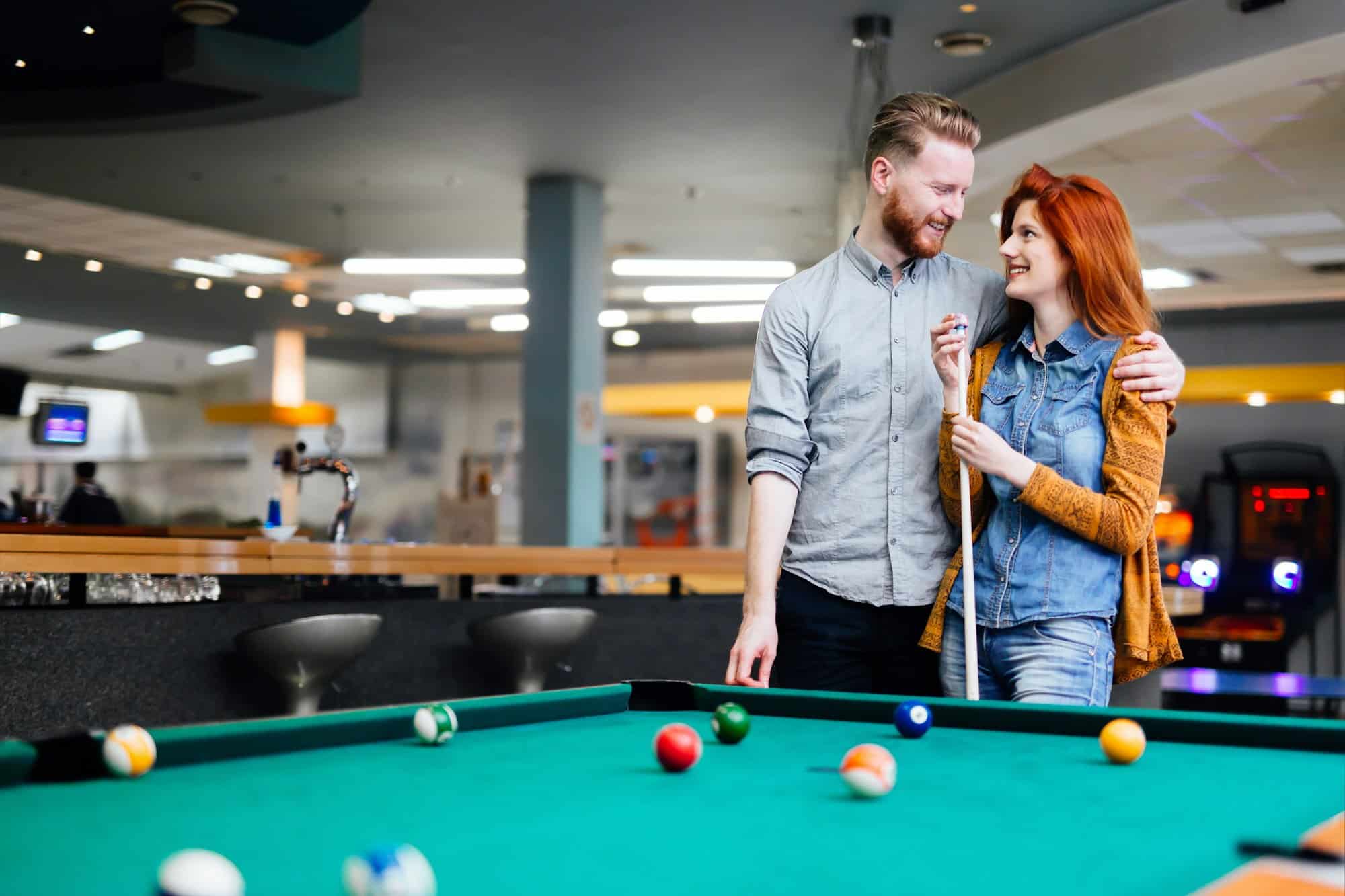The game of snooker requires more than just physical skill; it also demands a solid dose of cognitive prowess. From calculating angles to predicting your opponent’s play, a keen mind can give you the edge you need. In recent years, cognitive training games have emerged as a popular tool to hone these mental abilities. But what impact do they have on concentration skills in snooker players? Let’s unravel this intriguing question.
The Link Between Cognitive Skills and Snooker Performance
Snooker is not a sport that involves merely hitting a ball on a green-felt table. It requires a blend of physical coordination and mental acuity. The players must maintain a sharp focus while employing their cognitive skills to make strategic decisions. In this section, we dive into how cognitive skills influence a player’s performance in snooker.
Sujet a lire : How Can Non-Invasive Brain Stimulation Techniques Enhance Focus in Archers?
Cognitive skills refer to our abilities related to knowledge, attention, memory, and working out complex tasks. In the context of snooker, these skills are crucial as they allow players to anticipate and react to the game effectively. For instance, the ability to forecast the ball’s trajectory based on its current position and the applied force is a cognitive skill that directly influences the game’s outcome.
Research from the doi and pubmed databases supports the idea that cognitive skills significantly impact a player’s performance in precision sports like snooker. They highlight that developing these skills can increase a player’s control over their play, improving their overall performance.
Avez-vous vu cela : What Are the Best Practice Drills for Enhancing Puck Control in Ice Hockey Forwards?
The Role of Cognitive Training Games
Cognitive training games, often digital, aim to improve cognitive functions such as memory, attention, and problem-solving. But what role do they play in enhancing the performance of snooker players? Let’s delve into the details.
Cognitive training games help people improve their cognitive functions by constantly challenging their brains. These games are designed to provide a mentally stimulating environment that promotes the development of critical cognitive skills.
For snooker players, these games can be an effective training tool. For instance, they can help players improve their concentration, increasing their ability to stay focused on the game for longer periods. This sustained focus can be advantageous in a long, intense match where attention to every detail can make the difference between winning and losing.
Incorporating Cognitive Training into Regular Practice
While physical training is an essential aspect of a snooker player’s regimen, cognitive training should not be overlooked. Here, we discuss how players can incorporate cognitive training games into their regular practice sessions.
Firstly, it’s important to select the right cognitive training games. Choose games that challenge cognitive skills relevant to snooker, such as memory, concentration, and problem-solving. Look for games that are engaging and fun, as this will encourage regular play and sustained interest.
Next, integrate these games into your regular training routine. They should not replace physical training but rather complement it. You can allocate a specific time each day for cognitive training, such as before or after physical practice.
Remember, consistency is key when it comes to cognitive training. You wouldn’t expect to see improvements in your snooker performance after a single physical training session, and the same applies to cognitive training. Stick to your routine and be patient. The benefits of cognitive training often take time to manifest.
Case Studies: Expertise and Vision in Snooker
The proof of the pudding is in the eating. In this case, let’s examine some real-life examples where cognitive training has helped snooker players improve their performance.
One key study found that experienced snooker players performed better on cognitive tests than novices, likely due to the cognitive skills they had honed through extensive training and play. This finding reinforces the idea that cognitive training can have a positive impact on snooker performance.
Another study focused on the role of vision in snooker. This research showed that dominating the visual aspect of the game – like maintaining focus on the target ball and neglecting distractions – was a critical factor in the success of professional players.
Cognitive training games, by improving concentration and visual control, can have a significant impact on a player’s performance. These case studies provide compelling evidence of the effectiveness of such training in snooker.
To sum it up, snooker is a complex game that requires not only physical skill but also mental acuity. Cognitive training games, by honing these mental abilities, can be a valuable addition to a snooker player’s training routine. Whether you’re an aspiring amateur or a seasoned professional, don’t overlook the power of the mind in your quest for snooker success.
Cognitive Training vs Traditional Snooker Training
Traditional training methods for snooker players consist of honing the physical and motor skills necessary for the game. This could involve practicing shots, developing hand-eye coordination, improving their stroke, and more. However, cognitive training has emerged as an effective complement to these traditional methods.
Cognitive training involves exercises and activities specifically designed to enhance mental health and cognitive functions. Cognitive functions like attention, memory, and decision-making are crucial for snooker players. A player’s ability to track multiple objects (like the cue ball and other balls on the table), predict the trajectory of these objects, and make strategic decisions are cognitive skills that directly impact their performance in the game.
A study published in the Journal Sports Cond Res found that the cognitive performance of elite athletes across multiple sports, including snooker, was significantly better than that of non-athletes. It suggests that cognitive training, aside from traditional physical training, contributes to their expert performance in their respective sports.
Cognitive training games can be accessed digitally. They are designed to stimulate the brain and improve cognitive skills in a fun and engaging way. These games can play a crucial role in developing a snooker player’s visual attention, decision-making skills, and object tracking skills – all of which are vital to their performance in the game.
The Future of Cognitive Training in Snooker
The field of sport psychology is continually evolving, and cognitive training is becoming increasingly recognized for its importance. As such, the use of cognitive training games is likely to become more widespread among snooker players and other elite athletes.
A motor task as complex as playing snooker requires more than just physical prowess. It requires sharp cognitive skills, keen visual attention, and swift decision-making. All of these skills can be enhanced through cognitive training games. However, it’s crucial to remember that these games are not a substitute for physical training and practice. Instead, they should be used in conjunction with traditional training methods.
Several studies published in Sports Med and Journal of Sport Exercise Psychology have highlighted the effectiveness of cognitive training in enhancing the performance of basketball players and professional snooker players. This provides promising evidence for the future role of cognitive training games in snooker.
In conclusion, cognitive training games have a positive impact on the concentration skills of snooker players. By regularly incorporating these games into their training regimen, players can significantly improve their cognitive skills, decision-making abilities, and overall performance in snooker. While physical skills are a fundamental part of the game, the power of mental health and cognitive prowess should not be underestimated. Despite being a relatively new concept, the future of cognitive training in snooker looks promising. As we continue to see the benefits unfold, we can expect more elite athletes to adopt these innovative training methods.






